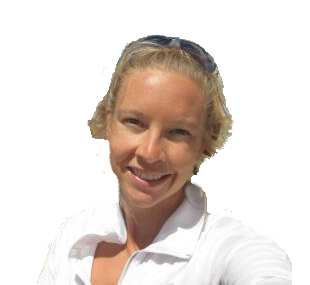
|

|
Rewilding Earth Podcast with Shelby Perry (Listen Above)In this podcast with the Rewilding Earth Institute Shelby Perry describes the conservation model used by her employer the Northeast Wilderness Trust. The Opinion of Legacy Forest Trust Follows: This model is unique not only in the American Northeast but in every corner of the Earth for a very simple, but unfortunate reason. "Forever Wild" and "Rewilding" by definition are the protection of land from man and for man. At first, "from" and "for" seem to be mutually exclusive terms but we actually practise this concept all the time in the raising of our children. It is not "natural" for children to see into the future. Their wants are immediate. They cannot see that when they brake their toy it will not be there for them in the future. They cannot see that if they eat too much or too much of the wrong thing it will result in a bad outcome in their future. Children must be taught to nurture the present to enrich the future. How can we teach them ? I'm afraid that the only way to teach them, as Shelby says, is to show them. But how can we show them "Old Growth" when almost none of it exists. As forests sequester carbon from the atmosphere, we must sequester forests from the reach of those who would damage or destroy them. In a hundred years we can show them..........but for now........we must exclude them for their own good. "Working Forests" and clear-cuts and patch-cuts to achieve "Early Successional Habitat" are pleasant sounding goals for the conservation community but the concept is a compromise with unregulated free enterprise. The forest industry demands "Let us keep the forest in a constant state of immaturity in return for keeping it out of the hands of developers." This compromise will never achieve "Old Growth" or "Endangered Species Restoration" nor will it solve the Climate Emergency. Nonindustrial private forests cover about 360 million acres in the United States, or roughly one-half of the nation's total forested acres. Nonindustrial private forests are unlike public or industrial forests in that they are small and family owned. All three ownership categories however, industrial forests, public forests and private forests predominantly think of their holdings as a source of income, a crop to be harvested. We must work to change this mind set. Our forests (all three categories) are one of the most powerful agents we have to stop and reverse the Climate Emergency. Rewilding alone cannot keep pace with the commercial destruction of New Hampshire forests. Trees must be planted and standing trees must be allowed to grow to maturity and die from natural causes. Private money buying private forests and posting them against all forms of human activity is our only course. While the United States government and many of it's citizens continue to deny the connection between human activity and the Climate Emergency, other countries have swung into action. Canada plans to plant three billion trees in the next ten years. Mexico has already planted seven-hundred and eighty-nine million trees. The Trillion Tree Campaign and other efforts throughout the world have, to date, planted more than twenty billion trees. With the chain saws humming throughout the planet, and with no plans to curtail logging, we must step up our pace and work hard to buy and protect land, to stop deforestation and boost reforestation and aforestation. |